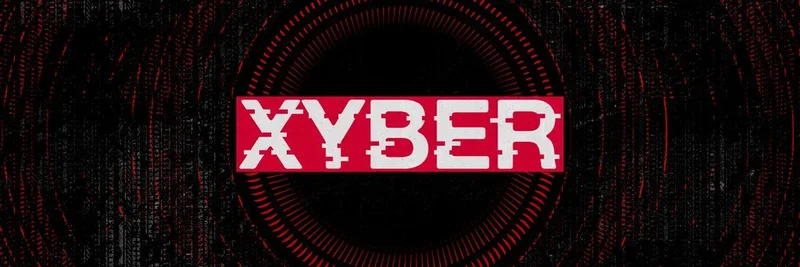Have you ever imagined coding your way to a killer beat? That's exactly what Greg Isenberg highlighted in his viral X thread, showcasing DJ Dave's innovative approach to music production. In the post, Greg marvels at "vibe coding" – a fun term for live coding music in real-time – using an open-source browser app called Strudel. It's a glimpse into how technology is blending creativity with code, and it has intriguing ties to the blockchain world.
DJ Dave, whose real name is Sarah, is a New York-based artist, DJ, and producer specializing in electronic pop. She creates music by writing code live, often performing it in front of audiences. In the video attached to Greg's thread, she breaks down her track "Heartbeat," explaining elements like BPM (beats per minute, which in Strudel is measured in cycles per second), sample links, drum stacks, bass lines, and effects like low-pass filters. It's mesmerizing to watch her tweak code on a blue screen, instantly altering the sound – no traditional DJ decks needed.
Strudel itself is a game-changer. Built on JavaScript and inspired by TidalCycles, it's a free, open-source tool that lets anyone compose dynamic music pieces right in their web browser. Whether you're a beginner experimenting with simple patterns or an expert layering complex rhythms, Strudel makes live coding accessible. You can try it out yourself at strudel.cc, where tutorials guide you through basics like setting tempos and stacking sounds.
What makes this especially relevant for blockchain enthusiasts? DJ Dave shares her work on Audius, a decentralized music streaming platform built on blockchain technology. Audius empowers artists by giving them direct control over their content and earnings, bypassing traditional labels. It's part of the web3 movement, where NFTs (non-fungible tokens) and crypto payments enable new ways for fans to support creators – think exclusive drops or tokenized tracks.
In the meme token space, this intersection sparks exciting possibilities. Meme tokens thrive on viral moments, community vibes, and cultural trends. Imagine a meme token inspired by "vibe coding" or DJ Dave's style, where holders get access to exclusive live-coded sessions or NFT music drops on Audius. We've seen similar trends with artist-backed tokens or music-themed projects gaining traction, like those tied to viral sounds or remixes. Tools like Strudel could even inspire decentralized apps (dApps) for collaborative music creation, where communities co-code tracks and mint them as NFTs.
Greg's thread, with over 13,000 likes and hundreds of replies, shows how quickly these ideas spread. Replies debate whether it's "just coding" or truly "vibe coding," but the consensus is clear: it's innovative and fun. One user points out live performances with coded music, linking to examples that echo the algorave scene – algorithmic raves where code generates the party.
For blockchain practitioners, this is a reminder of how tech like live coding can enhance creative ecosystems. If you're into meme tokens, keep an eye on projects blending music and web3; they could be the next big pump. Dive into Strudel, check out DJ Dave on Audius, and who knows – you might code your own hit while building your crypto knowledge base.
What is Live Coding?
Live coding is a performance art where musicians write and modify code in real-time to generate sounds. It's like programming a concert on the fly, often used in genres like electronic and experimental music.
Why Audius Matters in Web3
Audius uses blockchain to let artists upload tracks, build fanbases, and earn directly via crypto tips or token-gated content. It's a prime example of how decentralization is disrupting the music industry.
Potential for Meme Tokens
Viral threads like this could spawn meme tokens around "vibe coding" themes. Picture $VIBE or $STRUDEL tokens, rewarding community members for creating and sharing coded music NFTs.


